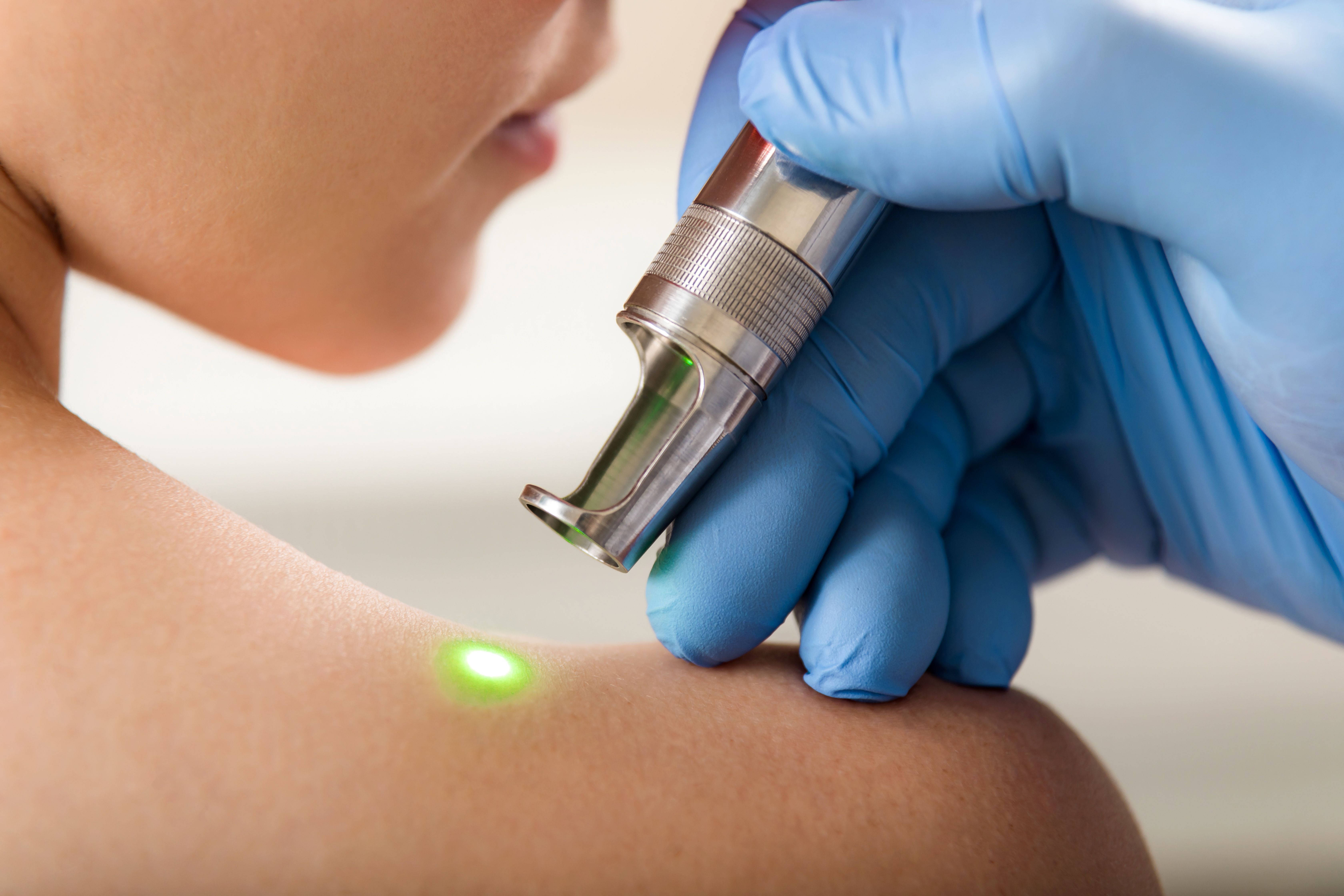- Case-Based Roundtable
- General Dermatology
- Eczema
- Chronic Hand Eczema
- Alopecia
- Aesthetics
- Vitiligo
- COVID-19
- Actinic Keratosis
- Precision Medicine and Biologics
- Rare Disease
- Wound Care
- Rosacea
- Psoriasis
- Psoriatic Arthritis
- Atopic Dermatitis
- Melasma
- NP and PA
- Skin Cancer
- Hidradenitis Suppurativa
- Drug Watch
- Pigmentary Disorders
- Acne
- Pediatric Dermatology
- Practice Management
- Prurigo Nodularis
- Buy-and-Bill
Article
Weekly Roundup: July 6-10
Author(s):
ICYMI, some of the stories featured this week include a look at the impact of apremilast treatment for psoriasis on a patient who also tested positive for COVID-19, exploring IL-17 inhibition for rosacea, FDA approvals for a cellulite injectable and atopic dermatitis treatment, plus more.
In case you missed it, this week we released a new episode of our podcast, The Cutaneous Connection, which talks about sunscreen controversies with Adam Friedman, M.D., FAAD. Plus, stories about new U.S. Food and Drug Administration (FDA) approvals in atopic dermatitis treatments and injectables for cellulite, utilizing follicular unit extraction/excision (FUE) or follicular unit transplantation/transfer (FUT) for hair transplantation, exploring interleukin-17 (IL-17) inhibition as a target for rosacea treatment, plus more.
Study evaluates topical plus device for rosacea treatment
Oxymetazoline (Rhofade, EPI Health) in combination with energy-based devices was safe and effective at reducing the persistent facial erythema associated with erythematotelangiectatic rosacea (ERT), according to a recent study
FDA accepts BLA for tralokinumab for atopic dermatitis
The U.S. Food and Drug administration has accepted the Biologics License Application for tralokinumab (LEO Pharma) for moderate-to-severe atopic dermatitis and is expected to make a decision in the second quarter of 2021.
Apremilast treatment in a patient with COVID-19
Case study finds no safety concerns, suggests possible benefit of apremilast for countering COVID-19 virus-induced inflammation.
An examination of rosacea treatment satisfaction
A recent study examined the patient-reported side effects and tolerability concerns associated with azelaic acid foam and metronidazole cream and gel preparations.
The Cutaneous Connection: Episode 2- Sunscreen Controversies
With summer in full swing, this episode takes a look at how social media can influence sun protection use in teens and young adults, and why certain ingredients in sunscreens are considered controversial.
First injectable for cellulite approved by FDA
The U.S. FDA has approved collagenase clostridium histolyticum-aaes (Qwo, Endo International), making it the first FDA-approved injectable treatment for moderate-to-severe cellulite in the buttocks in adult women.
IL-17 inhibition a path of interest in rosacea treatment
Secukinumab may be safe and effective in patients with moderate-to-severe papulopustular rosacea, a recent study indicates. However, larger, randomized, controlled trials need to confirm benefits.
A recent Cochrane review compared the benefits of several topical acne treatments. Researchers found mixed quality of evidence for PGA outcomes. In the absence of high-quality evidence, management decisions should be guided by clinical experiences and patient preferences.
Zoe Draelos, M.D., answers questions about recommendations for patients who want smaller-appearing pores, how to help patients achieve smoother, softer skin, and the challenges of dealing with oily skin.
Physical sunscreens sidestep concerns
If patients are concerned that sunscreen use may harm their health or the environment, physical sunscreens such as zinc oxide may provide the most reassurance, one expert says.
The Mainstream Patient: July 6
This week we feature articles about the rise in plastic surgery procedures and 'tweakments' during the COVID-19 pandemic, uses for aloe vera in skincare, retinol use for acne, plus more.
Sunscreen controversies confuse consumers
Patients may be afraid to use a sunscreen considering reports describing the potential for a variety of adverse effects. Physicians should seek a strong understanding of the evidence to discuss benefits and safety with patients and encourage proper sunscreen use.
Hair transplantation outcomes improve
Excellent results can be achieved using either follicular unit extraction/excision (FUE) or follicular unit transplantation/transfer (FUT) for hair transplantation. Technique selection should consider the unique needs, considerations, and preferences of the patient, experts say.
Newsletter
Like what you’re reading? Subscribe to Dermatology Times for weekly updates on therapies, innovations, and real-world practice tips.






